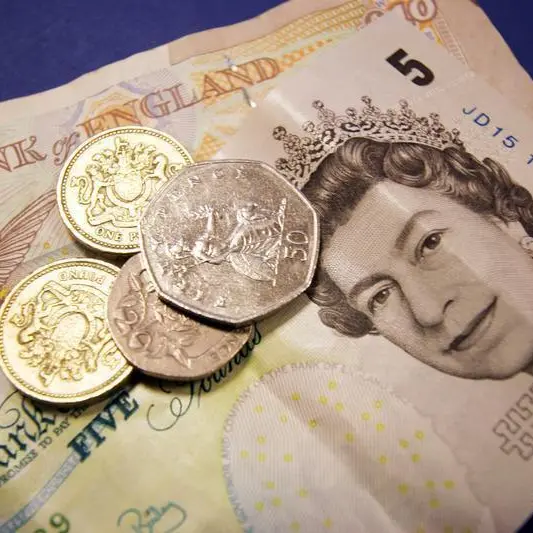PHOTO
Britain's public finances enjoyed a record surplus in January, official data showed Wednesday, sparking talk of voter-friendly giveaways to ease recession blues in next month's pre-election budget.
Public sector net borrowing showed a surplus of £16.7 billion ($21.1 billion) last month, the Official for National Statistics said in a statement.
That was the largest surplus since monthly records began in 1993 -- and was more than double the £7.5-billion surplus for the same month of 2023, the ONS added.
The data stoked fresh speculation that Prime Minister Rishi Sunak's Conservative government could lower taxes in finance minister Jeremy Hunt's budget on March 6.
However, analysts warned that any giveaways could be limited because last month's surplus missed market expectations of £18.5 billion.
The UK government traditionally posts a surplus for the first month of the year as Britons make annual tax payments.
"January's public finance figures were mixed news for Jeremy Hunt, who had a boost to his coffers, but not one that's big enough for a budget bonanza," said Susannah Streeter, head of money and markets at Hargreaves Lansdown.
"It offers a few inches of headroom for Hunt, but not enough for a budget of dramatic tax cuts. However, he does have the opportunity to wiggle into some moves."
Sunak's Conservatives and the main opposition Labour party, led by Keir Starmer, are jockeying for position ahead of a general election due this year.
But the outlook darkened last week as official data showed that Britain has sunk into recession, after the economy shrank in the final two quarters of 2023.
The news came hot on the heels of data showing that UK inflation held at 4.0 percent in January, prolonging a cost-of-living crisis for millions of Britons.
And in another blow, Sunak's Conservatives lost two more by-elections to Labour on Friday.
The ONS on Wednesday added that total UK debt rose in January to £2.65 trillion or 96.5 percent of GDP, holding at levels last seen in the early 1960s.





















